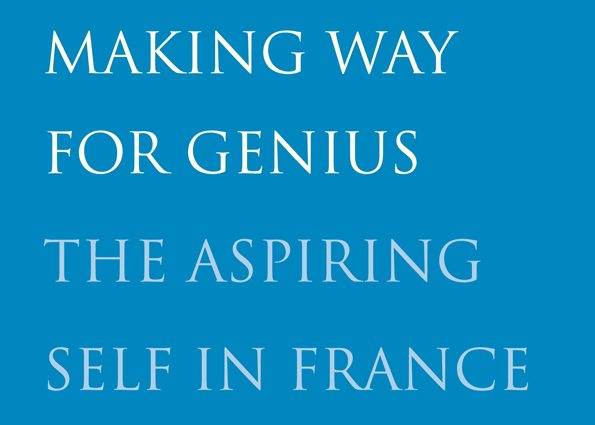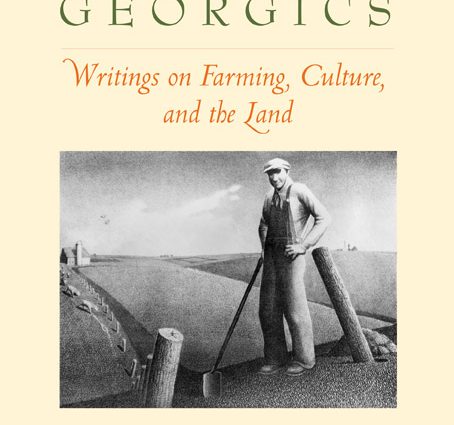The Tipping Point: Where Bastille Day Meets Madame de Staël
A Happy Bastille Day to one and all! France’s national holiday is a day for celebrating its people as a collective force to be reckoned with. Specifically, it remembers those who came together to storm the Bastille in Paris on July 14, 1789. More generally, however, it celebrates the forging



Defining a Change: Literary Theory, Truth, and Fiction in the Digital Age
Terry Eagleton’s newest book The Event of Literature addresses literary theory and tackles the question—what is literature—utilizing a variety of theories. Each theory has its own historical perspective that is formed by morals, values, and events. It is this ever-changing standard used to define literature that Eagleton grapples with in
Continue reading…